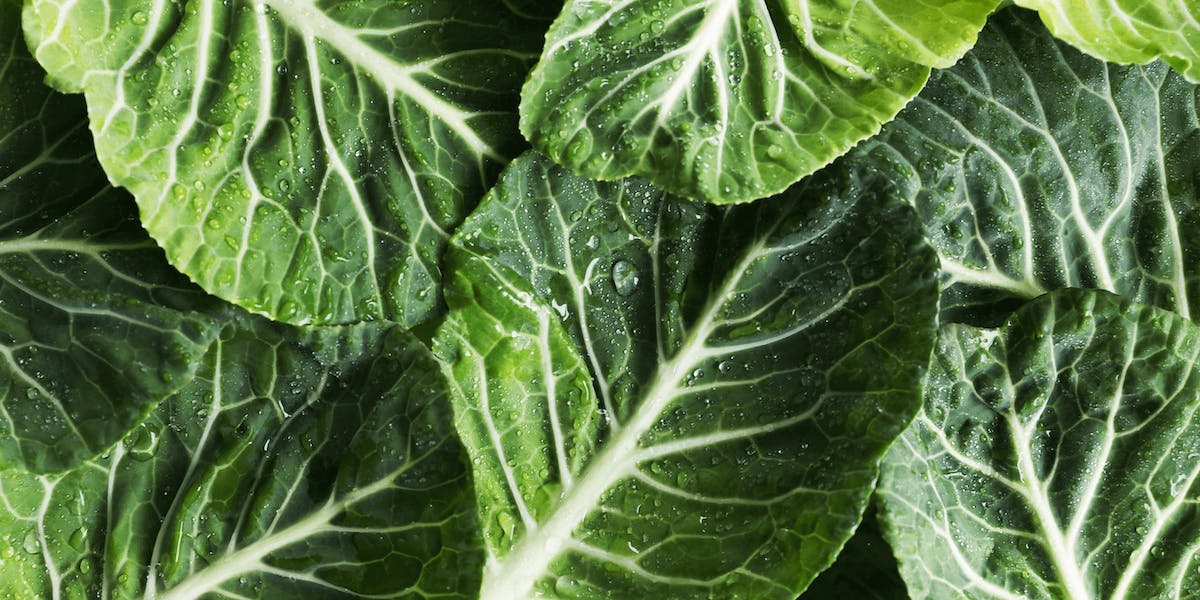Lifestyle
Aly’s Guide To Superfoods
by Aly Findlay
6min read
There is no current scientific definition of what a superfood actually is, but this word is used to describe foods that have health-promoting or disease-preventing properties above their usual nutritional value. The way superfoods are presented in the media can be confusing and often misleading. If the term superfood has ever left you scratching your head, our nutritionist Aly is here to guide you.
So Aly, what makes a 'superfood' so super?
Foods that label themselves as ‘superfoods’ are likely to have health claims such as ‘immune-boosting’, ‘prevents cancers’, ‘boosts weight loss’ or ‘anti inflammatory’. Many of these claims stem from the food’s high levels of antioxidants, such as vitamin A, C, E, beta carotene, flavonoids, selenium, and omega 3 fatty acids.
Antioxidants are chemicals used in the body to protect cells against cell damage disease. Many fruits and vegetables are high in these antioxidants, but only a few carry the trendy ‘superfood’ title.
Can anyone use the term 'superfood' on packaging?
The EU has in fact banned the use of the word ‘superfood’ on product packaging unless the claim is backed up by convincing research, which helps prevent the public being misled. A 2014 survey by Bupa showed that 61% of British people admitted to buying certain foods because of their superfood status. The ‘superfood’ label can often lure us into purchasing overpriced items that aren’t always healthier than some of our classic fruit and veg. The availability of superfoods in supermarkets has increased over recent years in response to the rise of the health and wellness trends.
Superfoods that have been in the spotlight recently range from fruits and vegetables like blueberries, kale and avocado, to spices such as cinnamon and turmeric, to seeds and nuts like chia, almonds, coconut and flax, to the more obscure wheatgrass, seaweed, maca and charcoal.
What are your top picks?
If you’re baffled by which superfoods are worth your money, here are some of my picks of everyday heroes that pack a real nutritional punch, without the heavy price tag.
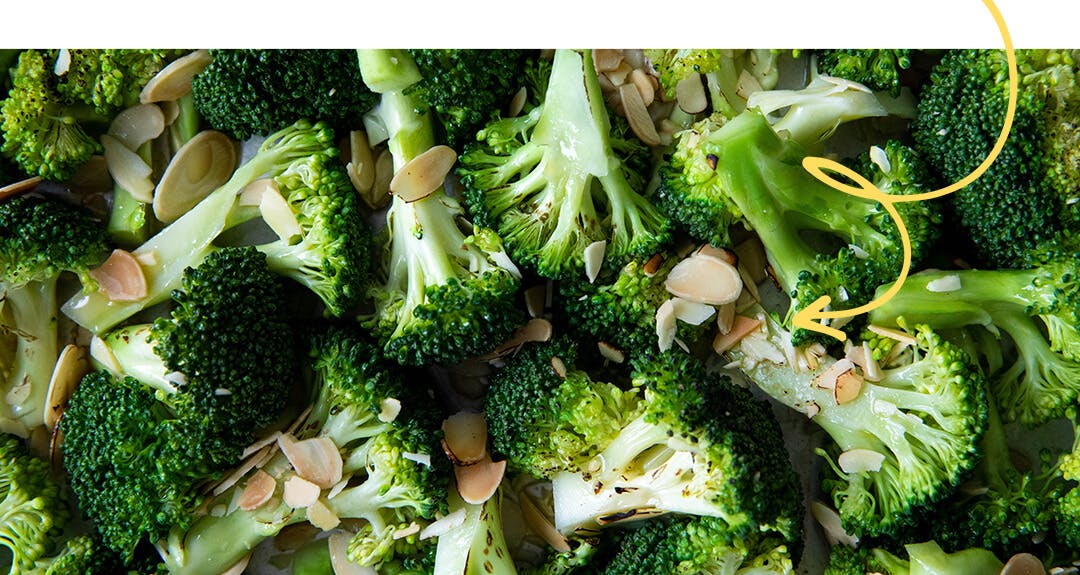
Cruciferous Vegetables
These include broccoli (my personal favourite), sprouts, cabbage and cauliflower. Broccoli is one of the most beneficial cruciferous vegetables. It is a great source of vitamin K, vitamin C, chromium and folate. It is high in dietary fibre, has a low energy density and is sodium and fat-free. Broccoli also contains a compound called sulforaphane, a form of isothiocyanate that helps to fight against cancers. It’s locally grown and very affordable, broccoli is definitely a ‘superfood’ to keep.
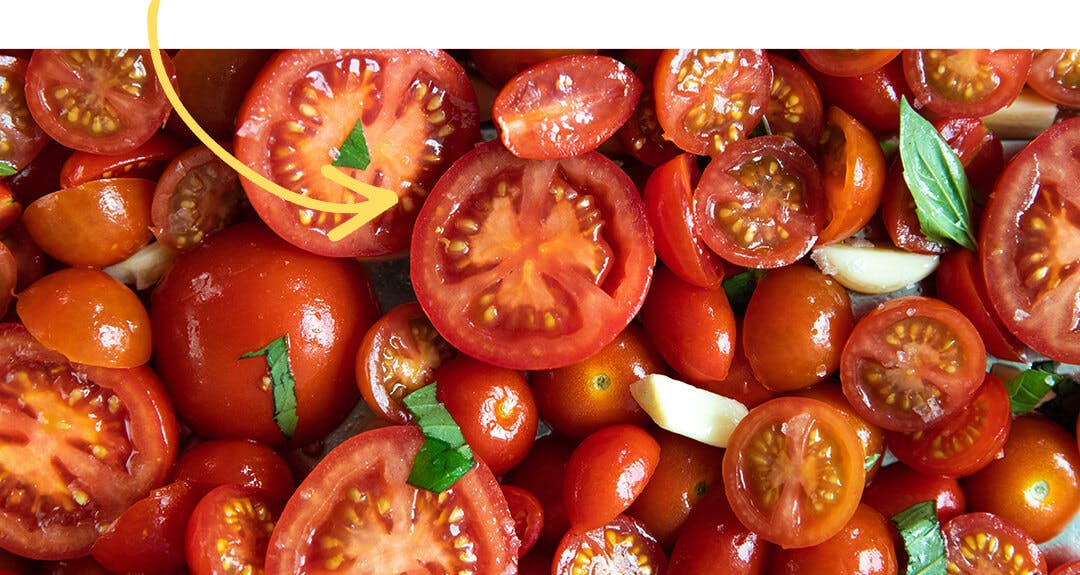
Tomatoes
The humble tomato is high in vitamin C, a source of fibre and also the top source of lycopene (the pigment that makes tomatoes red). Lycopene has been widely researched and proven to increase heart health and also reduce the risk of some cancers.
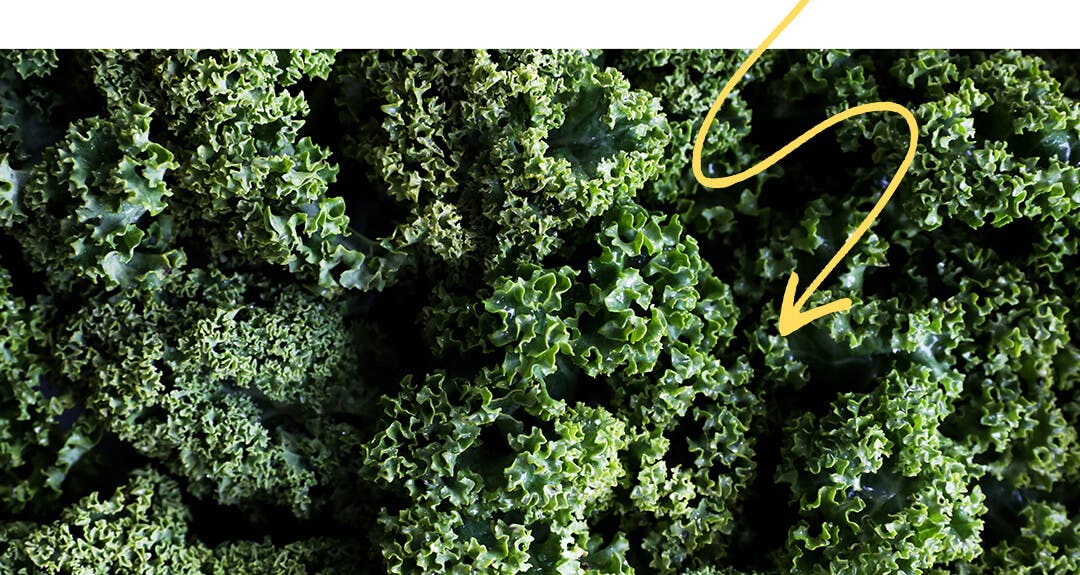
Dark Leafy Greens
Dark green leafy vegetables are rich in vitamins A, C, E and K. Because of their high content of antioxidants, they may be one of the best cancer-preventing foods. Kale is my number one (stereotypical vegan, I know). It’s one of the most nutrient-dense vegetables, packed with vitamin K and a good source of vitamin A, C, calcium and iron too. It’s often locally grown, affordable and versatile.
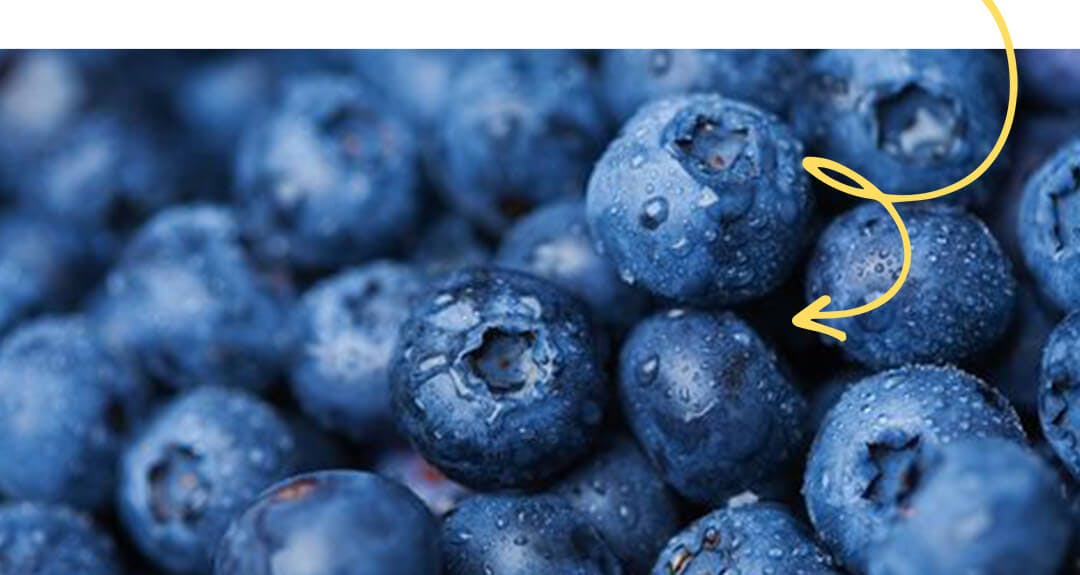
Berries
Blueberries, blackberries, strawberries and raspberries are full of antioxidants to help your body fight against disease. They are also a great source of Vitamin C, fibre and are naturally sweet and delicious. If you can’t get fresh berries through the winter months opt for frozen. Frozen berries are just as delicious and are often frozen at peak nutrition so they’re still just as beneficial as fresh ones (if not more).
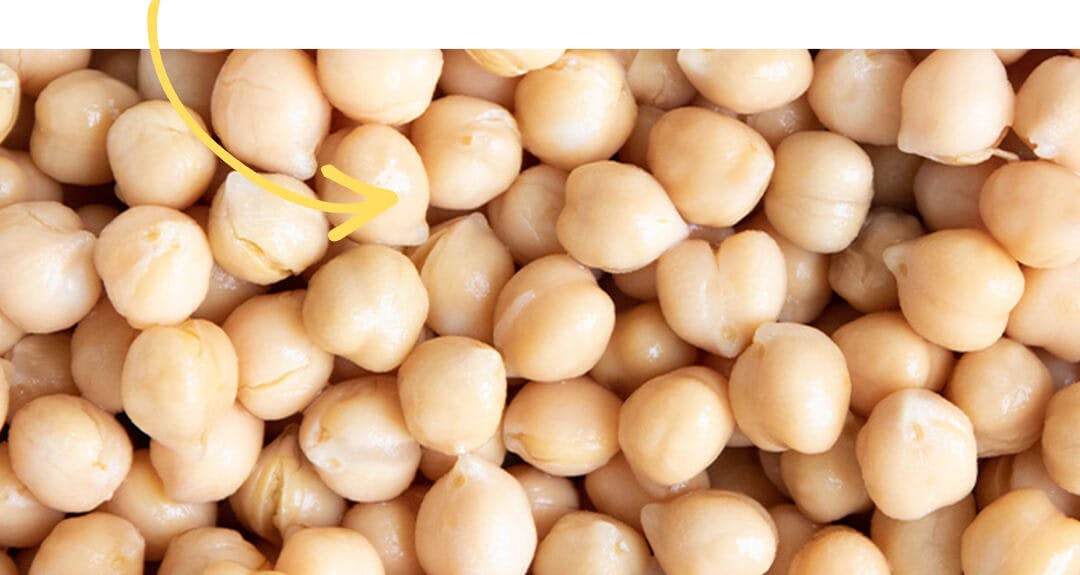
Beans and Legumes
Lentils, kidney beans, chickpeas and cannellini beans are high in fibre, plant-based protein, quality carbohydrates, iron, magnesium, folate and potassium. If that’s not enough for you, they’re also low in fat. Chickpeas have got to be my favourite. They’re packed with protein and a good source of fibre, folate, magnesium and other minerals. More hummus for me please!
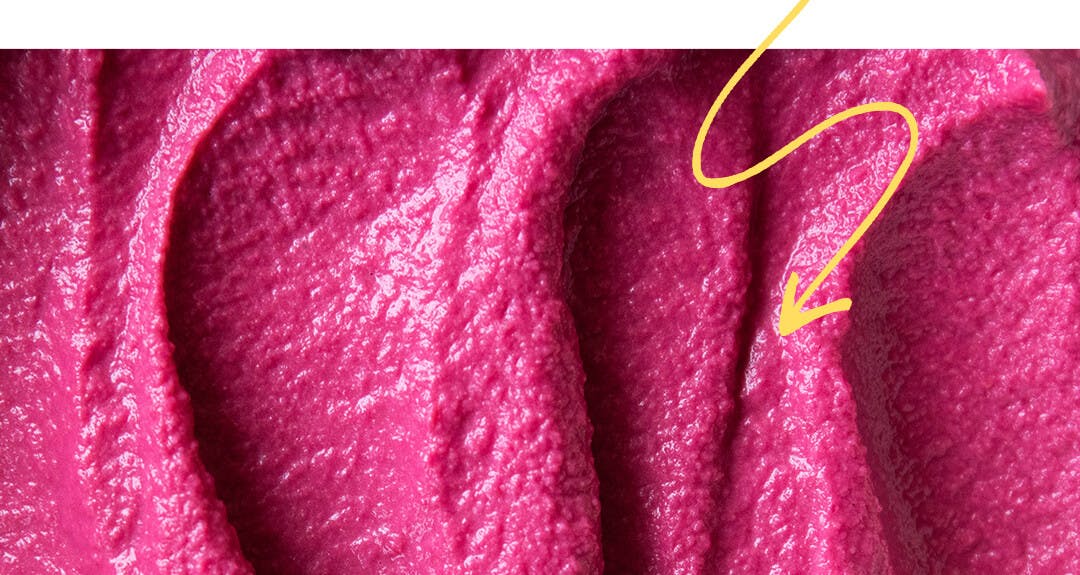
Beetroot
Beetroot contains a compound called nitric oxide (nitrates), which has been shown to help reduce blood pressure. Along with these potential blood-lowering powers, beetroot is rich in calcium, iron, fibre and antioxidant vitamins A and C. Have you ever tried beetroot hummus? Now that’s a superfood combo that packs a punch.
By Aly Findlay
Aly is our go-to nutrition hero as she studied Human Nutrition at uni (makes sense, right?). She’s also always on hand to help our customers, and provide our team with coffee. Lots and lots of coffee.
Let us take care of dinner
We help to make eating more plants easy and delicious. Fancy letting us take care of dinner? Check out our delicious meals here.
Shop now
